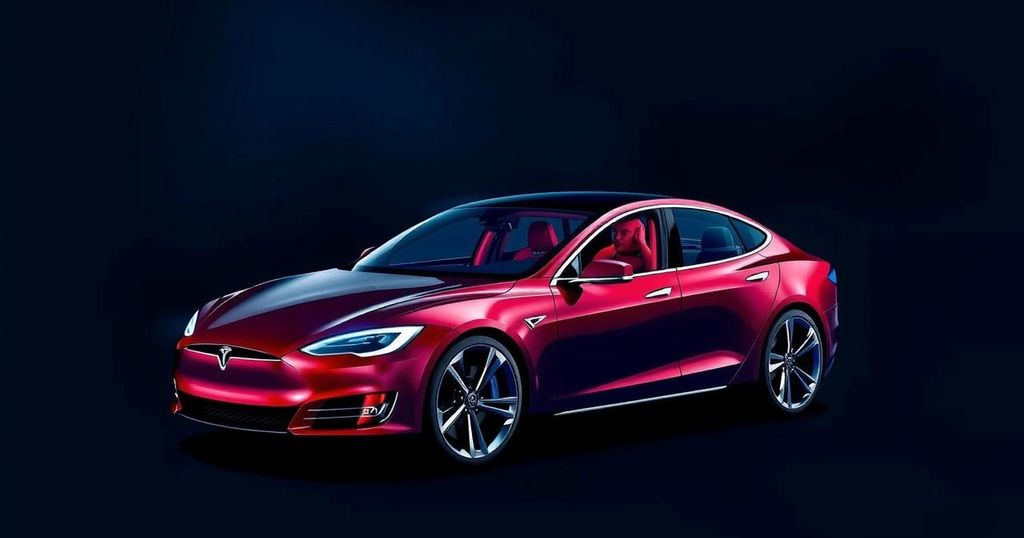Musk’s $1 Million Lottery Sparks Legal Debate Over Voter Enrollment Incentives
Elon Musk has launched a $1 million giveaway for registered voters in Pennsylvania who sign a conservative petition, prompting legal scrutiny over potential violations of laws prohibiting payment for voter registration. While Musk’s allies argue the lottery is legal, election lawyers caution that it may blur the lines of legality in voter engagement efforts.
Elon Musk has intensified his efforts to influence the upcoming election in Pennsylvania by introducing a controversial $1 million lottery aimed at registered voters who sign a conservative petition endorsed by his super PAC. This initiative, which Musk announced during a town hall meeting in Harrisburg, involves awarding $1 million daily to a registered voter participating in the sweepstakes, escalating scrutiny regarding the legality of such incentives. Under federal law, it is illegal to pay individuals for registering to vote or to vote, which includes offering monetary compensation or items of value. Guidance released by the Justice Department clarifies that this prohibition extends to cash, food stamps, and similar items. Nevertheless, some legal experts argue that Musk’s initiative could skirt these laws, as he frames the monetary reward as compensation for signing a petition, thereby suggesting he is not directly incentivizing voter registration. Since the petition’s unveiling, Musk has gradually augmented financial rewards to stimulate participation, initially offering $47 per referral, then increasing it to $100. During the recent event, Musk publicly congratulated John Dreher, the first recipient of the $1 million payout. This development raises significant legal concerns about the intersection of campaign finance, voter engagement, and potential violations of election laws, warranting further examination in the weeks leading up to the election deadline.
The issue at hand pertains to the legality and ethical implications of monetary incentives provided to individuals in connection with voter registration and participation. United States federal law categorically prohibits compensating individuals for registering to vote, which raises critical questions when high-profile figures like Elon Musk enter the political fray with substantial financial offers. Legal provisions governing the payment for voter registration are designed to maintain the integrity of the electoral process and to prevent coercive tactics that could undermine fair participation.
In conclusion, Elon Musk’s recent $1 million lottery aimed at encouraging Pennsylvania voters to sign a conservative petition has provoked legal scrutiny surrounding potential violations of federal election laws. While Musk’s supporters argue that his strategy is not illegal due to its focus on petition signatures rather than direct voter registration, the controversy highlights the contentious issues of campaign finance and the influence of wealth in American politics. The evolving situation necessitates keen observation from legal experts and electoral authorities as the election approaches.
Original Source: www.nytimes.com




Post Comment